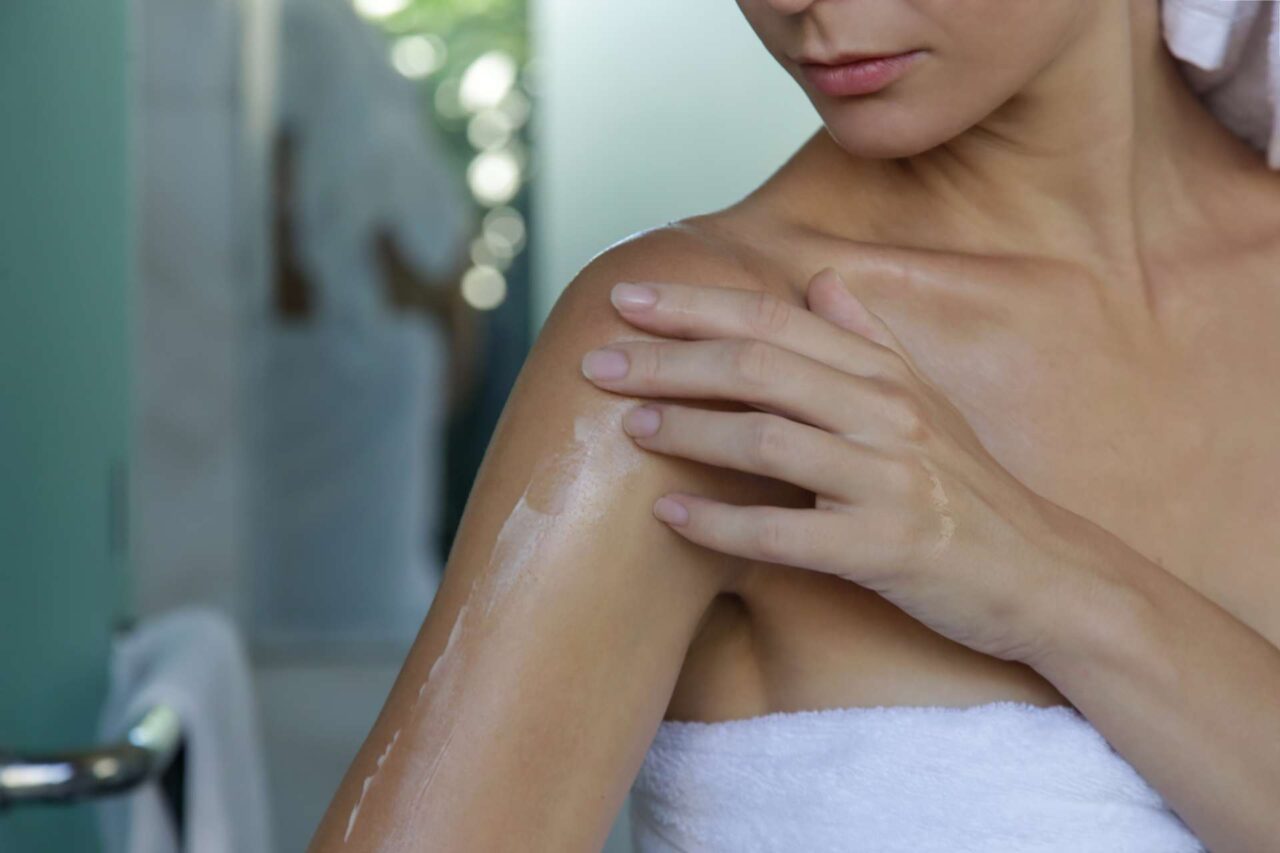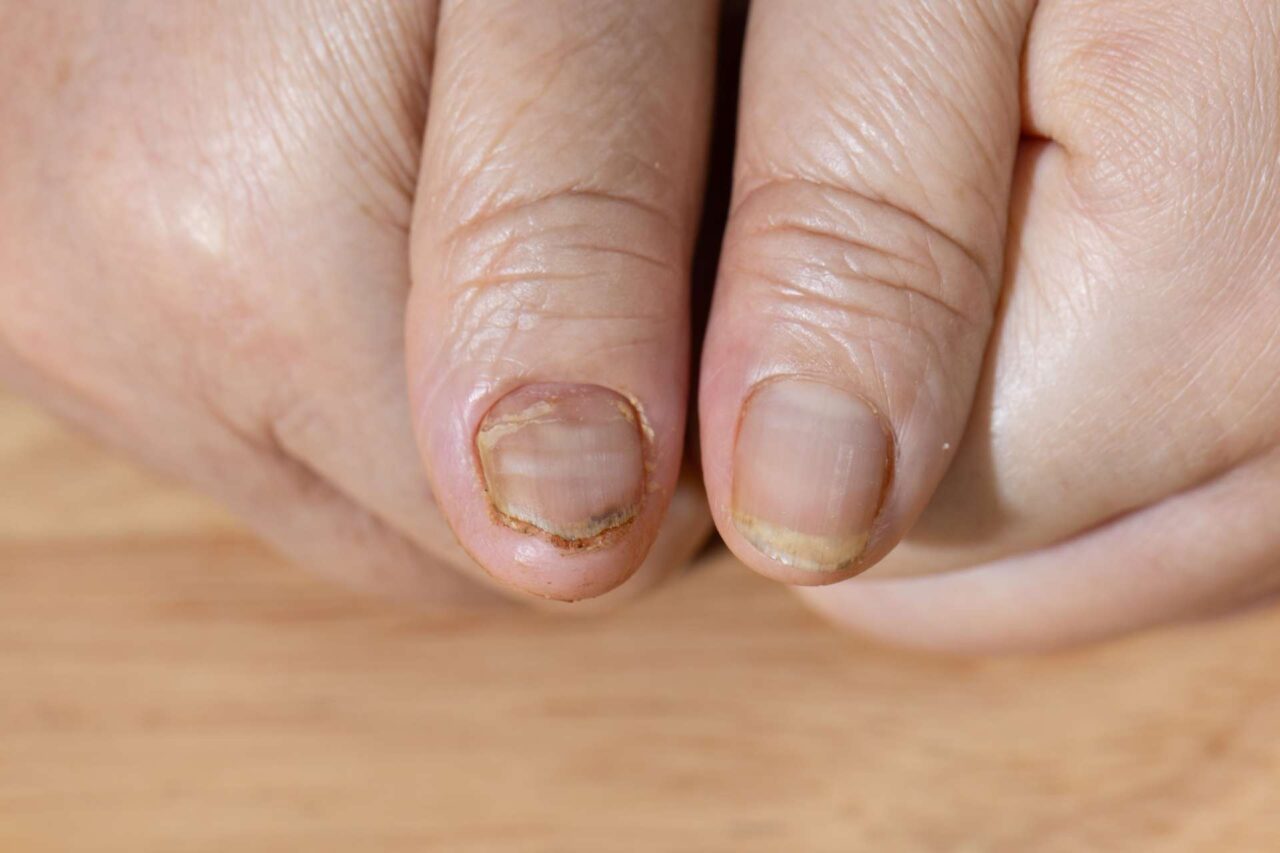Introduction
Cancer treatment is a journey filled with challenges and triumphs. One aspect that often goes unnoticed but plays a crucial role is its impact on your skin. In this detailed guide, we will walk you through the various ways cancer treatment affects your skin and provide expert insights on how to manage and mitigate these effects. Understanding the Impact of Cancer Treatment on Your Skin is vital for a holistic approach to your well-being during this journey.
Understanding the Impact of Cancer Treatment on Your Skin
Cancer treatment can take a toll on your skin, but with proper care and knowledge, you can minimize discomfort and maintain healthy skin throughout your journey. Here, we’ll delve into the specifics:
Skin Changes During Cancer Treatment
During cancer treatment, your skin may undergo various changes. These changes can include dryness, itching, rashes, and increased sensitivity. Understanding these transformations is the first step in addressing them effectively.
Managing Skin Dryness

Skin dryness is a common side effect of cancer treatments. To combat this, it’s essential to keep your skin well-hydrated. Use gentle, fragrance-free moisturizers and avoid hot showers, which can exacerbate dryness.
Coping with Itching and Rashes
Itching and rashes can be uncomfortable, but there are strategies to alleviate these symptoms. Your healthcare provider can recommend soothing creams or ointments. Be sure to communicate any skin issues with your medical team promptly.
Sun Protection Matters
During cancer treatment, your skin becomes more vulnerable to the sun’s harmful effects. Always wear sunscreen with at least SPF 30 and protective clothing when outdoors to shield your skin from UV radiation.
Nail and Hair Changes

Some cancer treatments can affect your nails and hair. Understanding these changes and how to manage them can help you feel more in control. Be prepared for potential nail discoloration and hair thinning, and discuss options with your healthcare provider.
Expert Tips for Skincare
- Stay hydrated by drinking plenty of water.
- Avoid harsh skincare products.
- Use a humidifier to combat dry indoor air.
- Wear loose, breathable clothing.
- Consult a dermatologist for personalized advice.
FAQs
Q: Can I use regular skincare products during cancer treatment?
A: While it’s crucial to be gentle with your skin, some regular skincare products may still be suitable. Consult your healthcare team for recommendations.
Q: Is it safe to get facials or spa treatments during cancer treatment?
A: It’s generally best to avoid facials and spa treatments that use harsh chemicals. Opt for gentle, hydrating facials if you wish to pamper yourself but consult your healthcare provider first.
Q: How can I manage skin discoloration caused by cancer treatment?
A: Skin discoloration can be addressed with makeup specially formulated to camouflage imperfections. Consult a makeup artist experienced in working with cancer patients for guidance.
Q: Are there any dietary recommendations for healthier skin during cancer treatment?
A: Eating a balanced diet rich in fruits, vegetables, and antioxidants can support your skin’s health. Consult a nutritionist for personalized dietary advice.
Q: Can cancer treatment cause long-term skin issues?
A: Some skin issues may persist even after treatment. Regular follow-ups with a dermatologist can help manage any lingering concerns.
Q: Is there any special care required for scars from surgery or radiation?
A: Scars should be protected from the sun to prevent further discoloration. Silicone-based scar sheets may also help improve their appearance.
Conclusion
Understanding the impact of cancer treatment on your skin is a crucial aspect of your journey towards recovery. By taking proactive steps to care for your skin and seeking expert advice, you can minimize discomfort and focus on your overall well-being. Remember, you’re not alone in this journey, and there are resources and professionals available to support you every step of the way.




